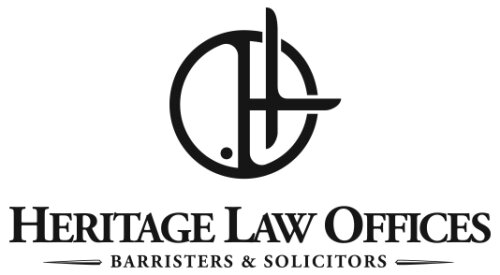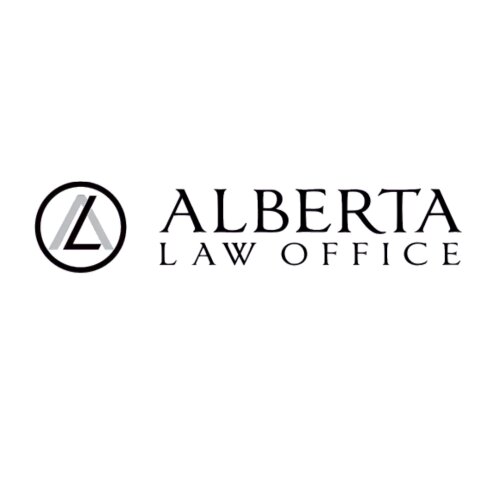Best Child Custody Lawyers in Edmonton
Share your needs with us, get contacted by law firms.
Free. Takes 2 min.
Free Guide to Hiring a Family Lawyer
List of the best lawyers in Edmonton, Canada
About Child Custody Law in Edmonton, Canada
The child custody law in Edmonton, Canada operates based on the principle of ‘the best interests of the child.’ The primary focus is on the child’s safety, emotional well-being, and the nature of the relationship the child has with each parent. Notably, Canadian law encourages shared parenting arrangements, wherein both parents share in the responsibility of child care. A child's preference may be considered depending on their age and maturity.
Why You May Need a Lawyer
Child custody cases can be complex, emotionally draining, and fraught with legal intricacies. Situations where you may require a lawyer include when you're navigating a divorce and need to negotiate custody, when the other parent is challenging current custody arrangements, or when you believe your child's wellbeing is at risk. A lawyer can guide you through the legal process, help you understand your rights, and advocate on your behalf.
Local Laws Overview
Edmonton follows the federal Divorce Act for married couples and the Family Law Act for unmarried or common-law couples. Both place a high emphasis on the child's best interests. Factors considered include the child's health, education, emotional well-being, and the child's views and preferences, given due weight to the child's age and maturity. The courts encourage cooperative parenting and will facilitate arrangements to equally involve both parents wherever possible.
Frequently Asked Questions
1. Can a child decide who they want to live with?
While a child's preference can be considered, the decision is not solely up to them. Their preference is only one factor in determining the child's best interests.
2. What is joint custody?
Joint custody means both parents share decision-making responsibilities regarding the child's upbringing, including education, health care, and religious instruction.
3. How is child custody determined if we are common-law partners?
For common-law partners, child custody is determined under the Family Law Act, based on the best interests of the child.
4. Can child custody orders be modified?
Yes, custody orders can be modified if there is a significant change in circumstances that affects the child's best interests.
5. Can grandparents apply for custody of their grandchildren?
Yes, under the Family Law Act, any person who has a significant relationship with the child can apply for custody or access.
Additional Resources
Community Legal Education Alberta, Legal Aid Alberta, and Edmonton Community Legal Centre can provide helpful resources and support. The Alberta Courts website also offers valuable information on child custody laws and procedures.
Next Steps
If you need legal assistance, consider consulting with a family law attorney who specializes in child custody cases. It is crucial to find a lawyer who understands your unique situation, will explain your legal options, and guide you through the complex legal process.
Lawzana helps you find the best lawyers and law firms in Edmonton through a curated and pre-screened list of qualified legal professionals. Our platform offers rankings and detailed profiles of attorneys and law firms, allowing you to compare based on practice areas, including Child Custody, experience, and client feedback.
Each profile includes a description of the firm's areas of practice, client reviews, team members and partners, year of establishment, spoken languages, office locations, contact information, social media presence, and any published articles or resources. Most firms on our platform speak English and are experienced in both local and international legal matters.
Get a quote from top-rated law firms in Edmonton, Canada — quickly, securely, and without unnecessary hassle.
Disclaimer:
The information provided on this page is for general informational purposes only and does not constitute legal advice. While we strive to ensure the accuracy and relevance of the content, legal information may change over time, and interpretations of the law can vary. You should always consult with a qualified legal professional for advice specific to your situation.
We disclaim all liability for actions taken or not taken based on the content of this page. If you believe any information is incorrect or outdated, please contact us, and we will review and update it where appropriate.











